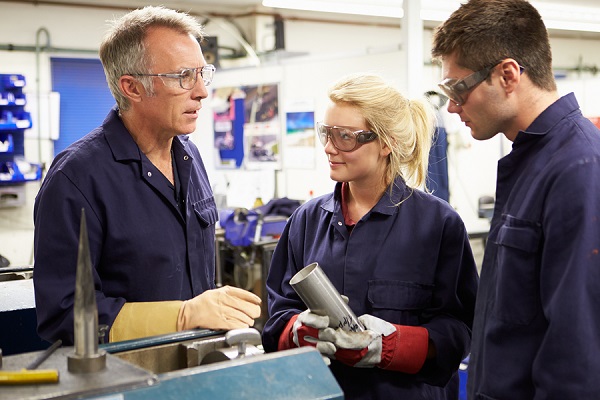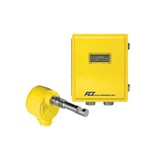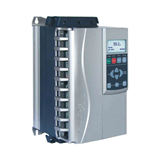In sports these traits are often referred to as intangibles. Hustle, desire and heart aren't a direct skill on the field, for example, but certainly make a difference in winning or losing.
In the workforce we refer to these as soft skills. They can be tough to gauge, but are equally important in fostering a productive plant.
The following are five important soft skills to look for in manufacturing workers.
Positivity
Nothing can undermine a workforce like negative attitudes. Just a few employees with the wrong attitude can dramatically alter the mood on every level of an organisational chart.
Conversely, an employee that consistently finds positives and encourages others can improve morale of coworkers. Happy workers are more productive.
When hiring and promoting be sure to look for workers that embody a positive attitude and can find the silver lining in any difficult situation.
These employees will value their coworkers and managers. They tend to show respect to those around them and allow others to see the value they bring to the workplace.
Teamwork

Employees don't work in a vacuum. They rely on each other to be mindful on the production floor and for each to perform their duties to keep production flowing.
Workers need to be ready and willing to help out other team members to ensure a quality product is produced in a timely manner.
Finding employees with proven teamwork skills and promoting team-based performance will improve production.
Proactivity
The old practice of employees keeping their heads down and only focusing on their job doesn't work in a modern factory. Perceptive employees will notice inefficiencies and even unsafe practices employed by coworkers.
Proactive employees will report ideas/concerns to a supervisor.
The most important factor in creating proactive employees is a management structure that welcomes and rewards ideas. If employees don't see themselves as part of the company's success, they won't feel empowered to share thoughts and concerns.
Receptive to instruction
New hires will always have some level of a learning curve. Regardless of their experience, each plant or workplace has a different infrastructure, political climate and production floor.
Employees need to be receptive to direction. Instead of being offended by feedback, they need to see it as an opportunity to grow and be more productive.
Social media filter
Posts on Facebook, Twitter, Instagram and other social media platforms leave a footprint. Careless comments about customers or wild weekend activities can place an employer in a negative light.
Some human resources departments ask for passwords and the right to drill into online lives. That level of scrutiny is overkill for most positions.
Try looking at employees through the eyes of an online "friend". It will give you an idea of their dedication to coworkers, if they are surrounded with drama, how they speak about their employer and if their values match those of your company.
Progressive employers should also consider social media training classes to ensure employees understand why some things shouldn't be posted online.
Just as intangibles can be the difference in a championship team, soft skills can have a marked impact on a company's bottom line. The hiring process needs to include these traits and educational programs can also be implemented to reinforce these skills.




-160x160-state_article-rel-cat.png)




